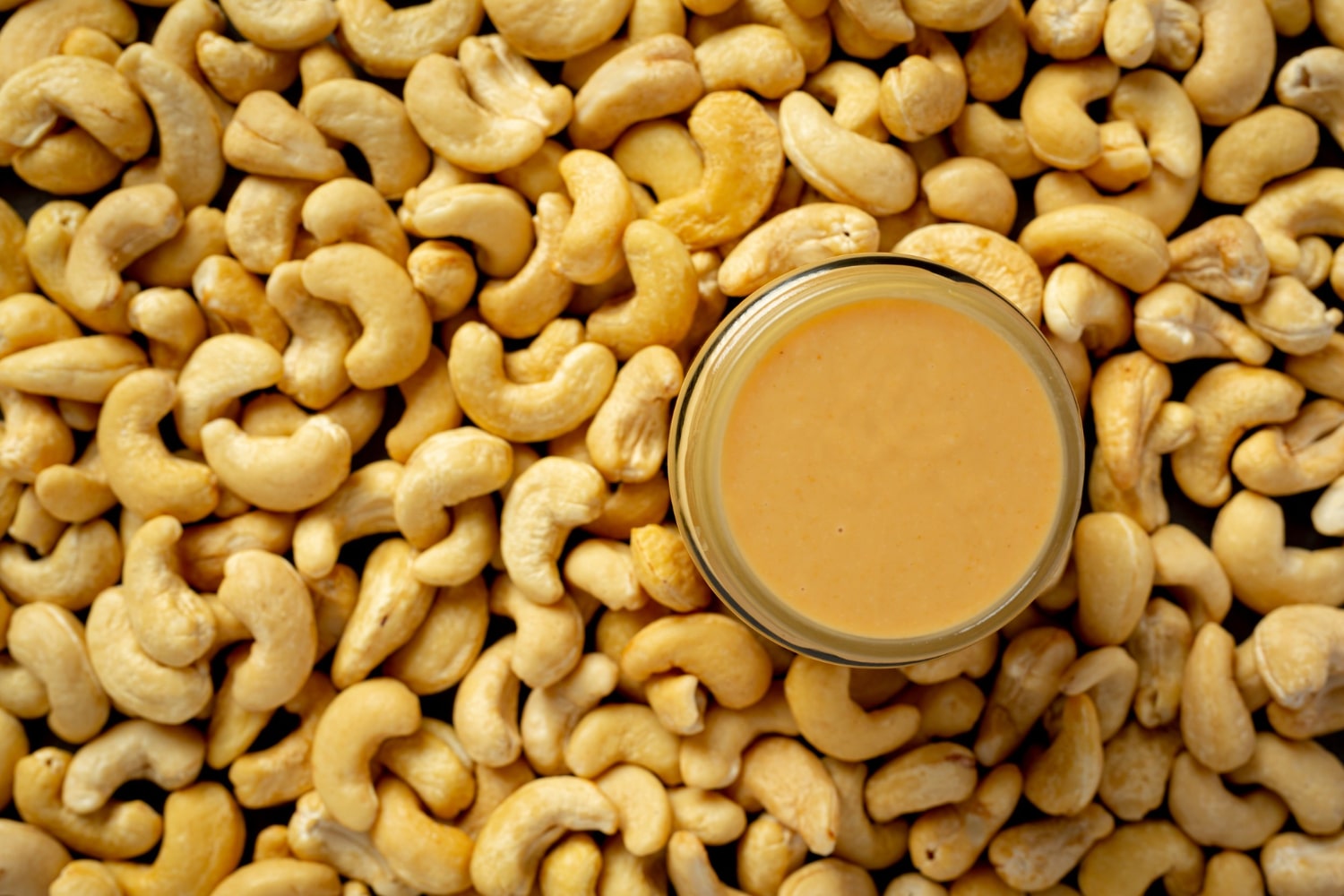Cashews are not just a tasty snack but also a product with a fascinating history, a complex harvesting process, and numerous health benefits. They are widely used in Asian dishes, vegan recipes, desserts, and plant-based milk alternatives. Cashews have gained immense global popularity, yet many people are unaware of how unique they truly are. If you think you know everything about cashews, these interesting facts might surprise you.
- Cashews are not actually nuts in the botanical sense but seeds that grow outside the fruit. They are attached to the bottom of the so-called cashew apple, a juicy, pear-shaped fruit that is also edible but spoils quickly. The seed is what is commonly sold and consumed as a cashew nut.
- The cashew tree originates from Brazil but is now cultivated in many tropical regions, including India, Vietnam, Nigeria, and Indonesia. India is one of the top producers and exporters of cashews, and the nut plays an important role in its cuisine and economy. In favorable climates, cashews can be harvested twice a year.
- Raw cashew seeds contain a toxic substance called urushiol, which can cause burns or allergic reactions. That is why cashews are always thermally processed before consumption—either steamed or roasted. This is the reason why only processed cashews are available on store shelves.
- The cashew apple, while rarely found outside producer countries, is widely used locally. It is made into juices, jams, vinegar, alcoholic beverages, and even sweets. The fruit’s flesh is very juicy but highly perishable, which limits its export.
- The shell of the cashew nut is not discarded after processing; it is used industrially. It yields technical oil, which is used in the production of varnishes, paints, brake pads, and anti-corrosion coatings. This makes the cashew tree an almost zero-waste crop.
- Cashews are rich in nutrients, including protein, iron, magnesium, phosphorus, zinc, and B vitamins. They support bone health, cardiovascular function, and the immune system. Due to their high content of unsaturated fats, cashews are recommended in moderation as part of a balanced diet.
- Despite their caloric density, cashews can aid in weight management by promoting satiety. They contain less fat than walnuts or almonds. In addition, they contain compounds that help improve metabolism.
- In vegan cuisine, cashews are a staple ingredient. They are used to make plant-based milk, creams, sauces, cheeses, and desserts. Thanks to their creamy texture and neutral flavor, they adapt well to various culinary uses.
- In many cultures, cashews hold not only culinary but also spiritual significance. In southern India, for example, they are used in religious rituals and festivals. Cashews are often offered to deities or given as gifts during celebrations.
- Growing cashews is labor-intensive and relies heavily on manual work. Harvesting, sorting, shelling, and thermal processing are usually done by hand. This is one reason why cashews are more expensive than many other nuts.
- In Brazil, where cashews are considered a national treasure, the world’s largest cashew tree grows—Cajueiro de Pirangi. Its canopy covers nearly 8,000 square meters and produces more than 60,000 fruits annually. The tree is a major tourist attraction.
- In some countries, cashews are used in traditional medicine. They are believed to help lower blood pressure, aid digestion, and strengthen the nervous system. Even the fruit peel is used in certain herbal remedies.
- Cashews have a mildly sweet flavor and a crunchy texture, making them a versatile culinary ingredient. They can be eaten on their own, added to salads, baked goods, rice dishes, and muesli. They are especially popular in Indian and Thai curry recipes.
- Growing global demand for cashews has led to increased focus on sustainable production. Efforts are being made to reduce pesticide use and maintain soil fertility. These initiatives are supported by both environmentalists and conscious consumers.
Cashews are far more than just a popular snack. These interesting facts reveal how complex and valuable this product is, from its nutritional qualities to its cultural and industrial uses. You may not have known that cashews combine taste, health benefits, tradition, and technology in one seed. This is what makes them truly special in today’s world.





